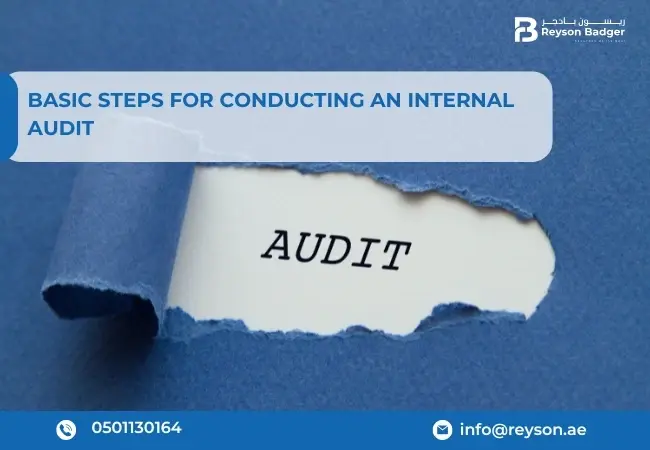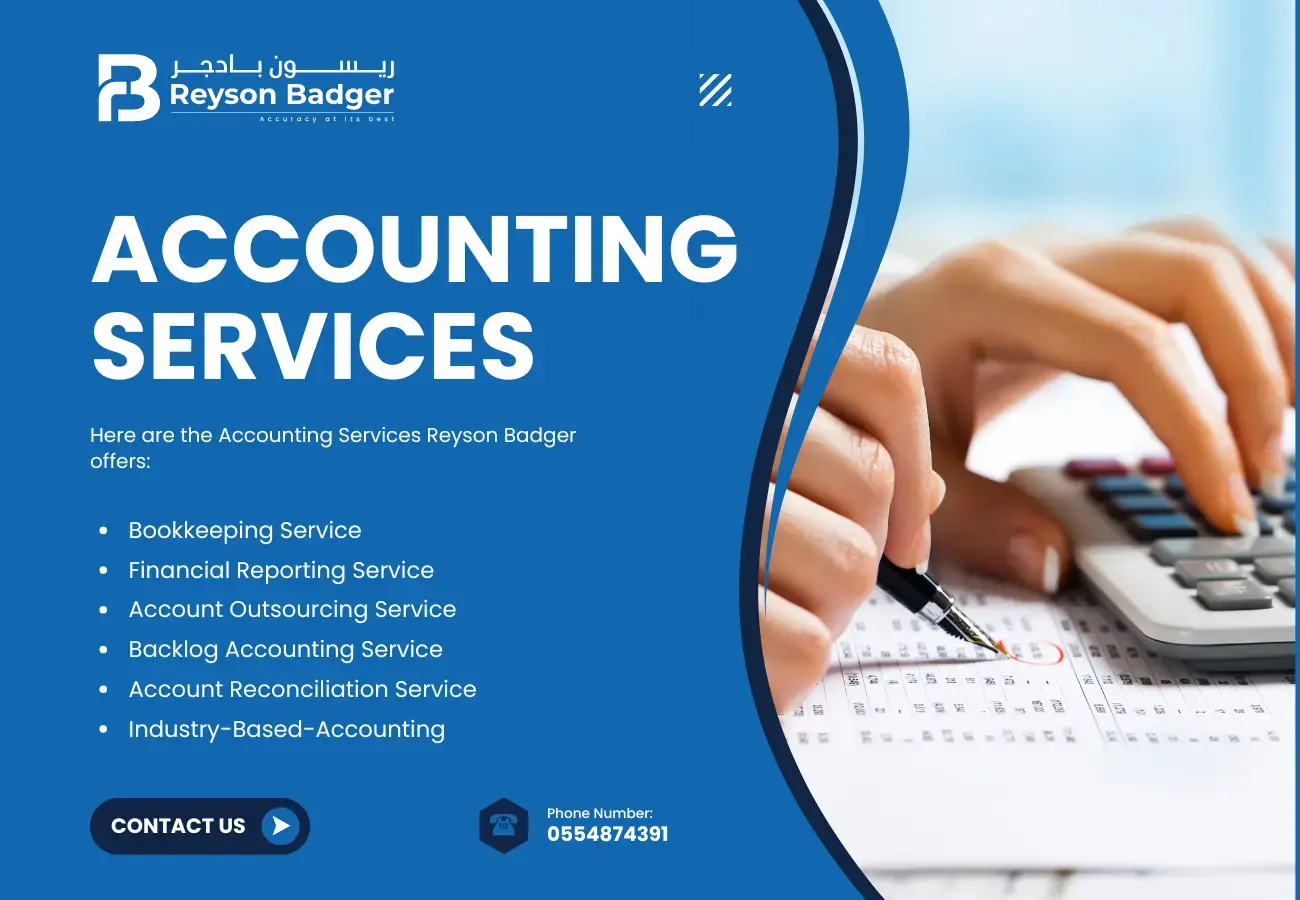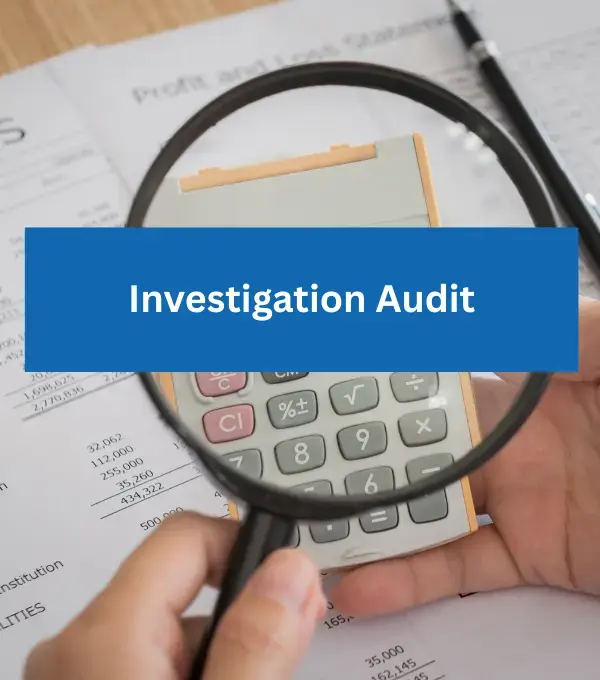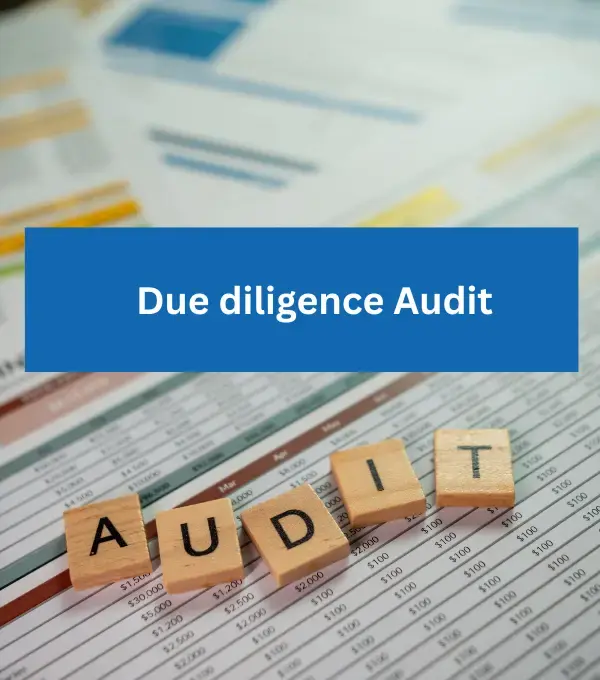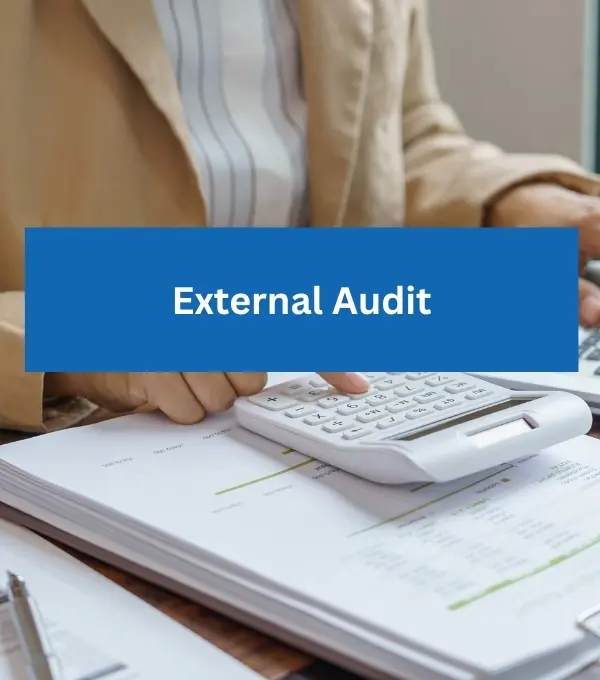Internal auditing helps an organisation operate efficiently by assessing compliance with laws, regulations, and standards. It involves a systematic and independent review of financial, operational, and governance processes. It also helps identify any potential risk areas that require improvement.
Businesses should perform internal audits regularly to evaluate the consistency and effectiveness of their financial practices. Unlike external audits, internal audits assess how well corporate policies and procedures are being followed. Internal audits are an integral part of any organisation's risk management framework. By following these steps, organisations can conduct more effective internal audits, uncover key risk areas, and implement evidence-based improvements.
Importance of Internal Auditing in Business Operations
Internal auditing plays a crucial role in helping organisations operate efficiently while ensuring compliance with applicable laws, regulations, and internal standards. It involves an independent and systematic review of a company’s financial activities, internal controls, operational procedures, and governance practices.
Unlike external audits, internal audits are conducted regularly to improve internal processes, identify risks, and strengthen an organisation’s risk management framework.
Key Steps to Conducting an Effective Internal Audit
1. Identify Areas That Need Auditing
Begin with a risk assessment and list departments or processes critical to operations. Since auditing everything isn’t practical, prioritise high-risk or strategic areas such as finance, inventory management, or compliance.
2. Determine Audit Frequency
Decide how often each area should be audited. High-risk processes may require quarterly reviews (such as quality control), while lower-risk areas may be audited annually, such as routine financial reporting. Set a schedule that reflects the level of risk and importance of each area.
3. Plan the Audit Process
Develop a detailed audit plan that outlines:
- Objectives of the audit
- Scope of work
- Required resources
- Timeline
- Key personnel involved
This plan helps ensure the audit is thorough, timely, and aligned with your organisation’s goals.
4. Notify Departments in Advance
Communicate the audit schedule to relevant departments. This allows teams to prepare documents and understand the audit expectations, promoting transparency and cooperation. It also promotes transparency and reduces resistance during the audit process.
5. Conduct the Audit
Gather documentation, interview key personnel, and evaluate processes using sampling and control testing against internal policies and compliance standards. Use this step to identify gaps, inefficiencies, or areas of concern.
6. Document and Analyse Results
After the audit, document your findings in a clear report. Highlight:
- Any irregularities or control weaknesses
- Areas of non-compliance
- Recommended actions for improvement
This report is crucial for decision-making and future risk prevention.
Why Internal Audits Matter?
- Improve operational efficiency
- Ensure financial accuracy
- Reduce the risk of fraud
- Strengthen internal controls
- Support compliance with UAE regulations
Need help?
Conducting an internal audit is essential for evaluating controls, reviewing financial and operational data, and making effective improvements. It involves assessing the internal control systems and procedures in place, reviewing financial statements and documents, and providing recommendations for change. Reyson Badger, a leading accounting and auditing firm, provides a comprehensive range of Audit services in Dubai, UAE, to ensure your business is compliant. Our approved auditors in Dubai, are highly experienced in delivering internal audit services and can help you to identify and rectify any issues quickly and efficiently.
 The Federal Tax Authority (FTA) has announced that businesses must complete Corporate Tax registration within 90 days from the Date of Incorporation / MOA.
The Federal Tax Authority (FTA) has announced that businesses must complete Corporate Tax registration within 90 days from the Date of Incorporation / MOA.
